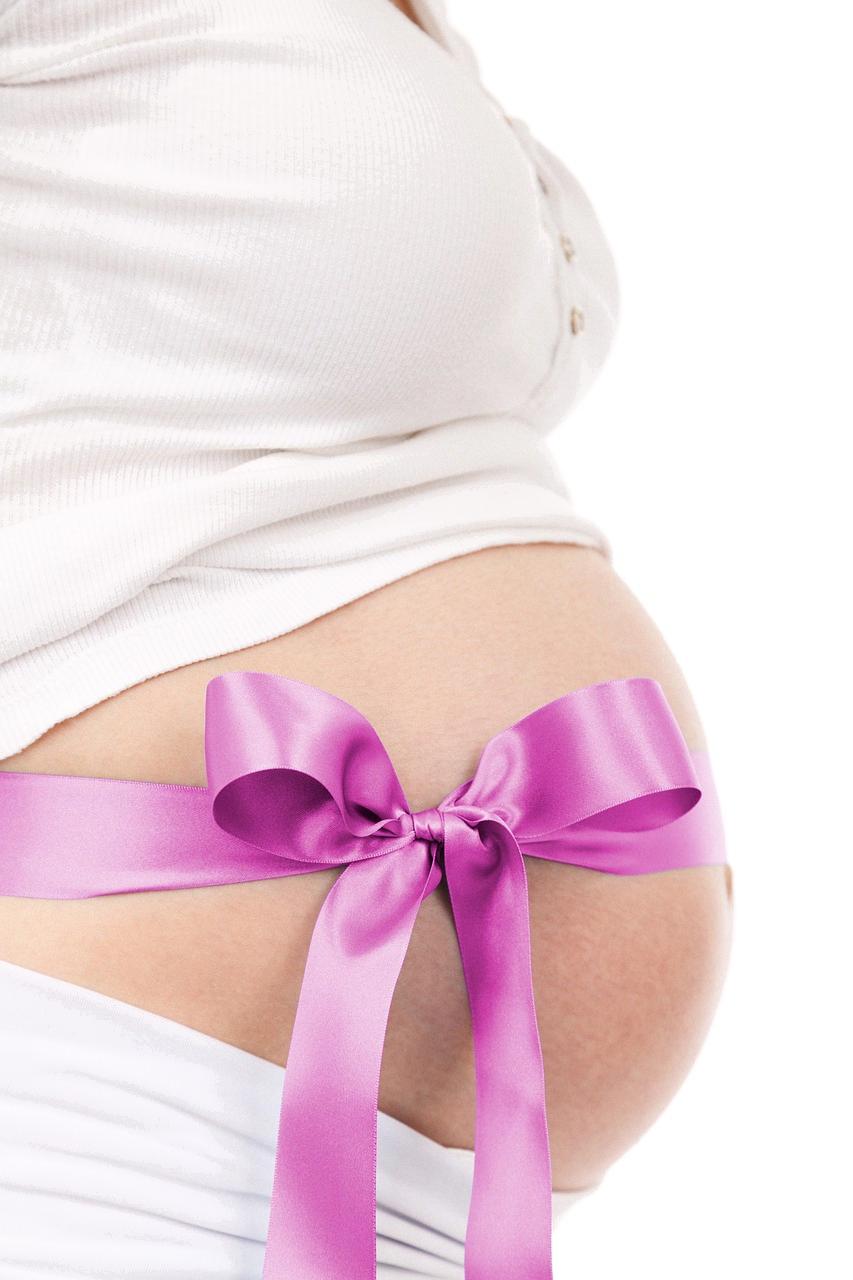When considering the timeline of fertilization, it is important to understand the lifespan of sperm in the female reproductive system. Sperm can survive in the cervical mucus for up to five days, waiting for the opportune moment to fertilize an egg. This means that if intercourse occurs up to five days before ovulation, there is a potential window for sperm to fertilize an egg.
As ovulation approaches, the body releases the egg into the fallopian tube, where it waits to be fertilized. During ovulation, the egg is covered in sticky cells that aid in capturing and guiding it through the fallopian tube. If sperm are present in the fallopian tube at this time, there is a chance for fertilization to occur.
While the likelihood of fertilization four days before ovulation is lower compared to closer proximity to ovulation, it is still possible. Sperm can survive within the female reproductive tract for several days, increasing the chances of encountering the egg during its journey through the fallopian tube. The timing of intercourse in relation to ovulation plays a crucial role in the likelihood of sperm fertilizing an egg.
It’s essential to consider the individual variations in menstrual cycle lengths and ovulation timing when determining the potential for fertilization. Some women may have shorter or longer cycles, affecting the timing of ovulation. Understanding one’s own cycle and fertility window can help in optimizing the chances of fertilization.
Factors such as sperm motility and viability also influence the ability of sperm to fertilize an egg. Healthy, motile sperm have a better chance of reaching and penetrating the egg for fertilization. Proper sperm health and function are integral to the fertilization process, especially when considering timing in relation to ovulation.
The journey of sperm through the female reproductive system is a complex and intricate process. From the cervix to the fallopian tube, sperm face various challenges and obstacles before reaching the egg. Understanding the resilience and lifespan of sperm is crucial in determining the potential for fertilization in the days leading up to ovulation.
While the chances of fertilization occurring four days before ovulation may be lower compared to closer proximity to ovulation, it is not entirely impossible. The longevity of sperm in the female reproductive tract provides a window of opportunity for egg fertilization. Factors such as sperm health, timing of intercourse, and individual menstrual cycle variations all play a role in the likelihood of fertilization.
It is important to note that fertility is a complex and multifaceted process that can vary among individuals. While there is a general understanding of the ovulation cycle and sperm lifespan, each person’s fertility journey is unique. Consulting with healthcare providers or fertility specialists can provide personalized guidance on optimizing fertility and increasing the chances of conception.
Overall, the potential for sperm to fertilize an egg four days before ovulation exists within the realm of possibility. Understanding the intricate interplay of timing, sperm health, and individual fertility factors is key in assessing the likelihood of fertilization. While the probability may vary, the resilience and lifespan of sperm contribute to the potential for fertilization during the days leading up to ovulation.

